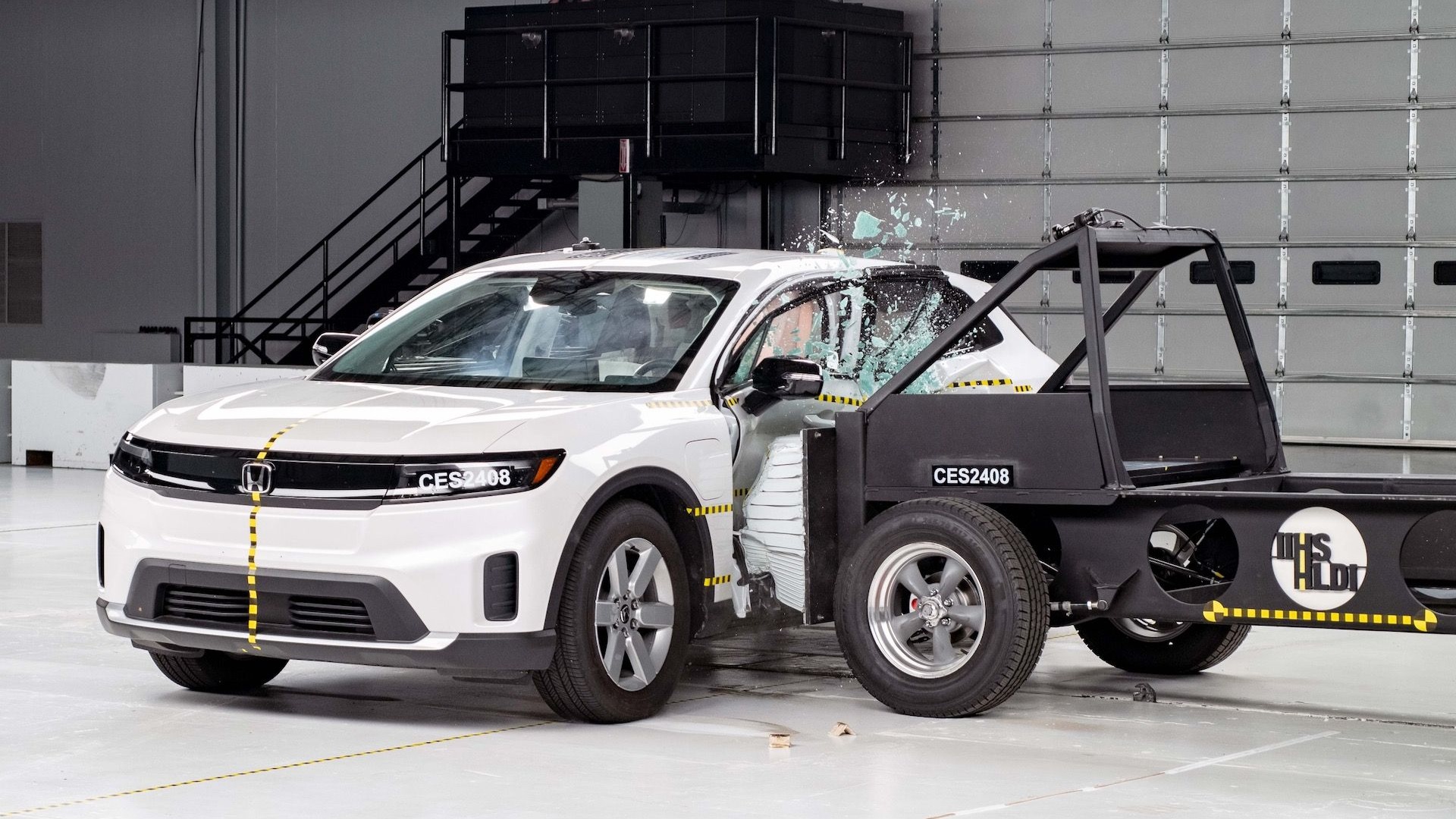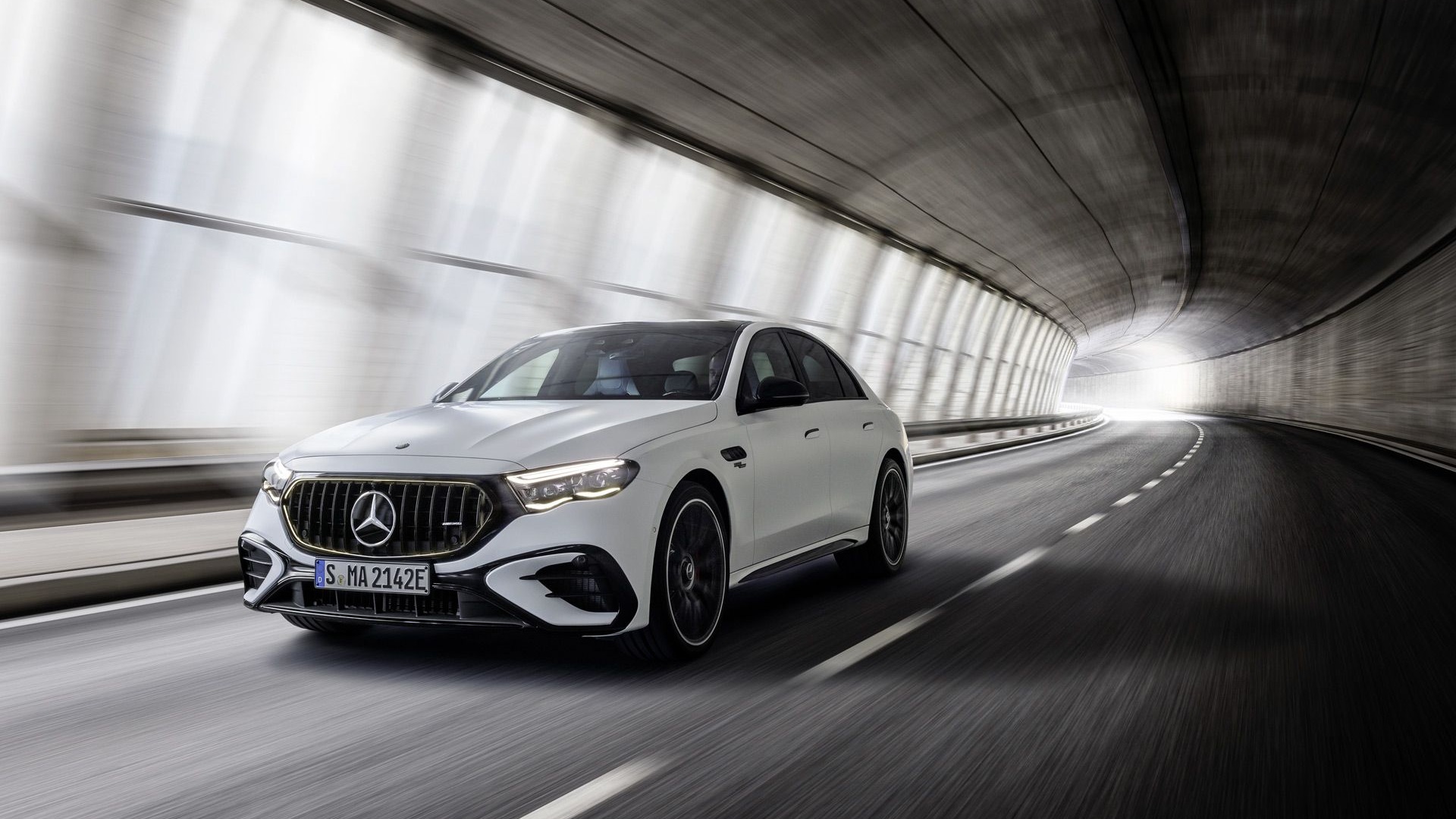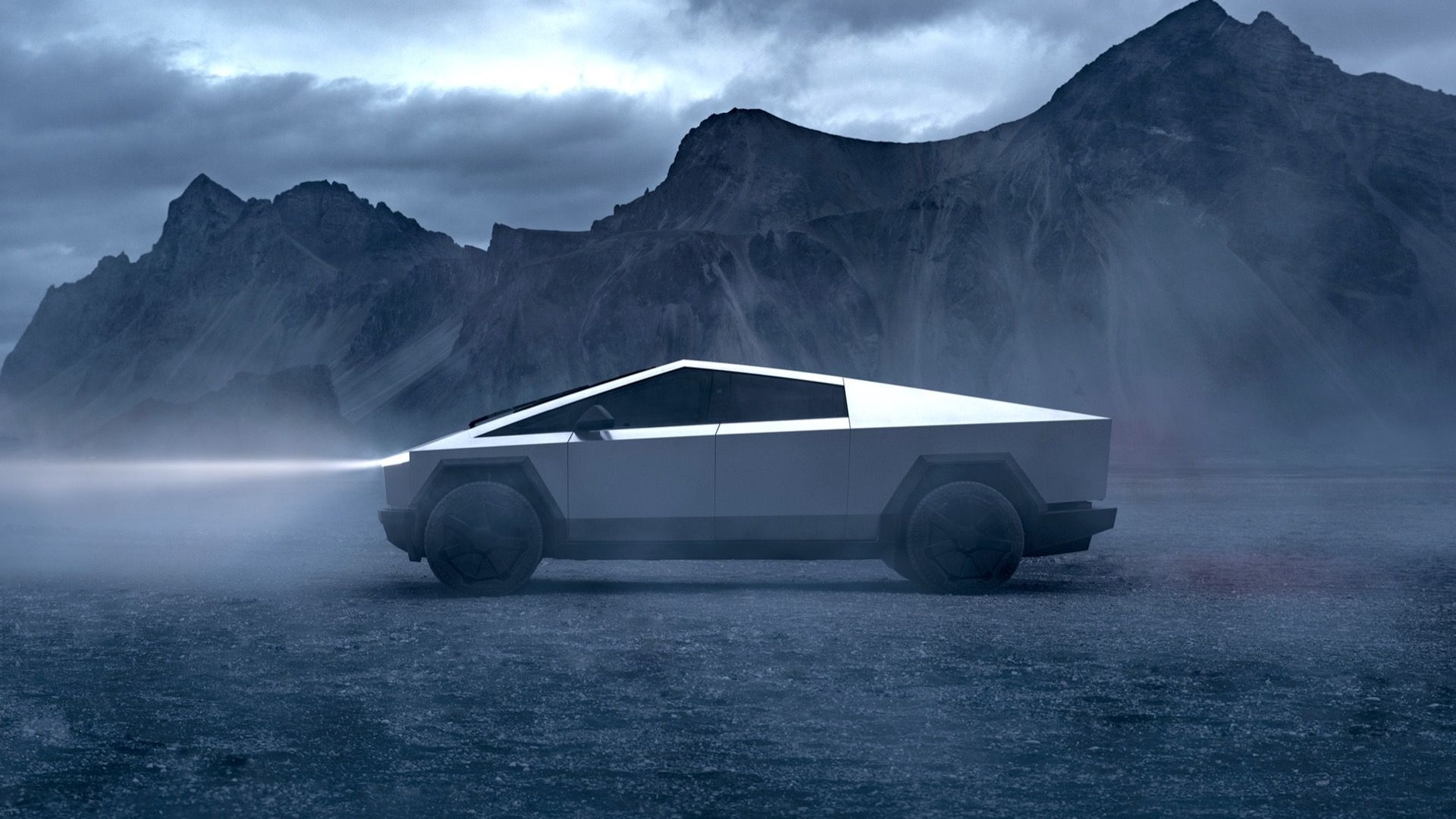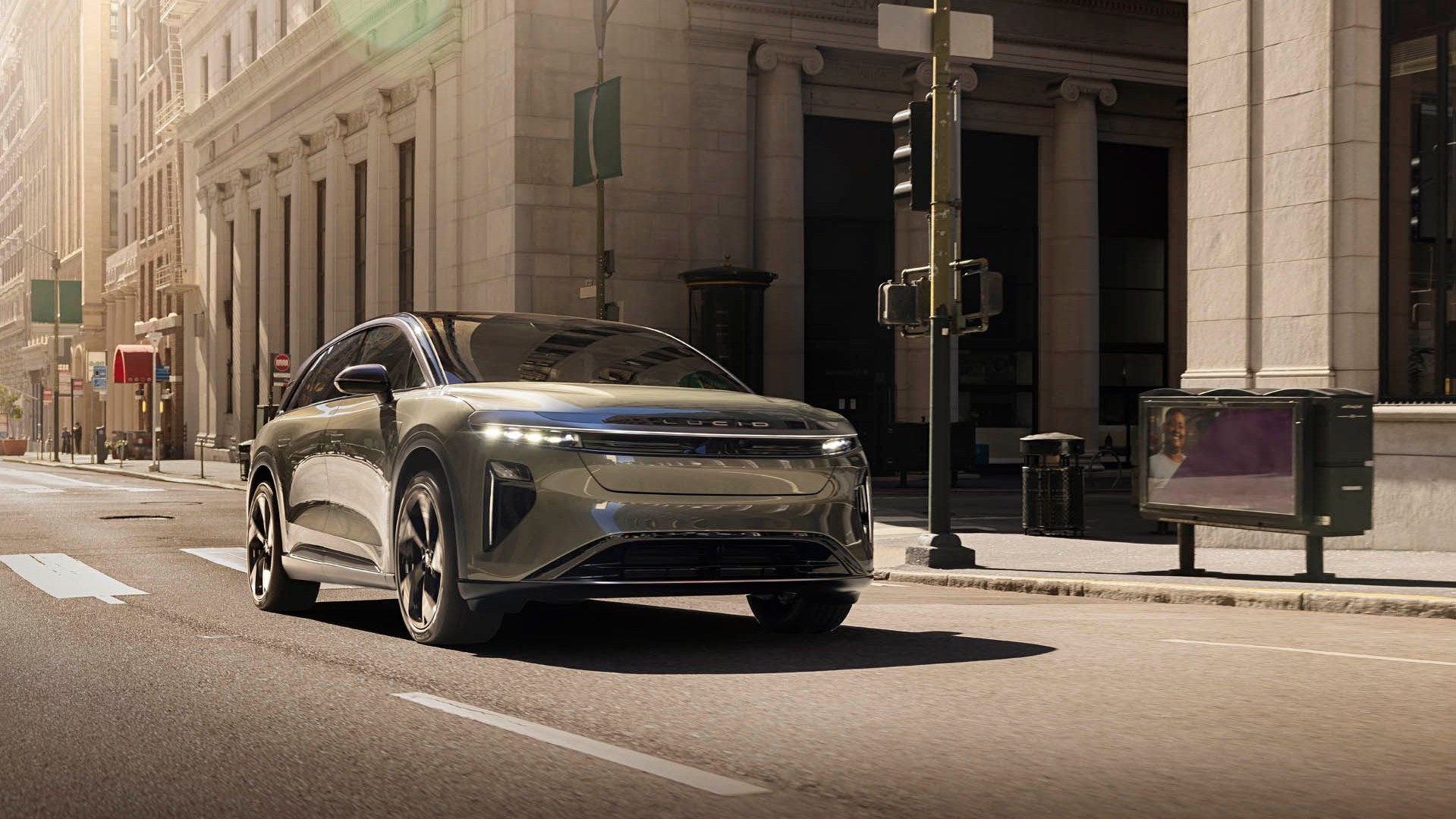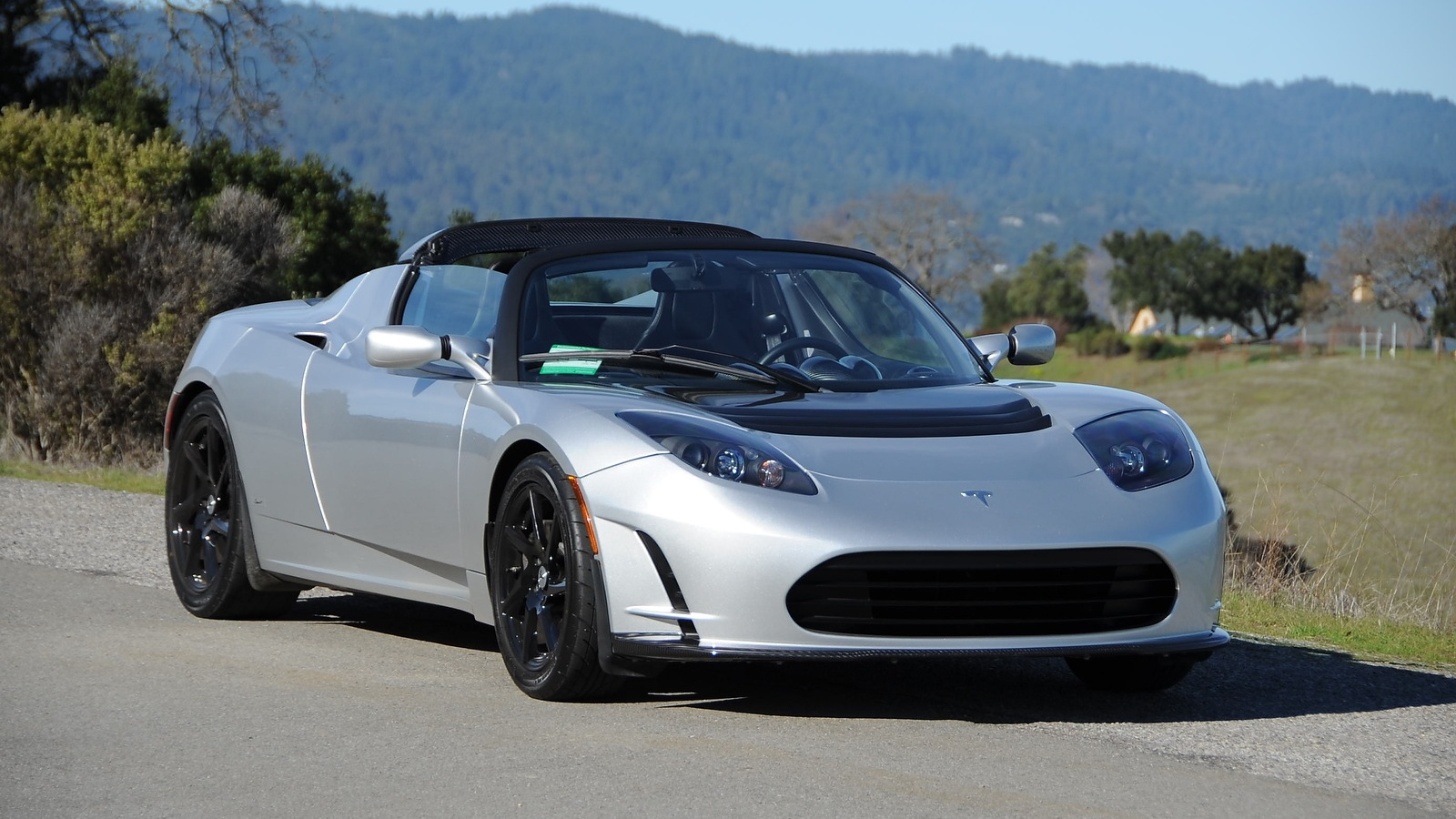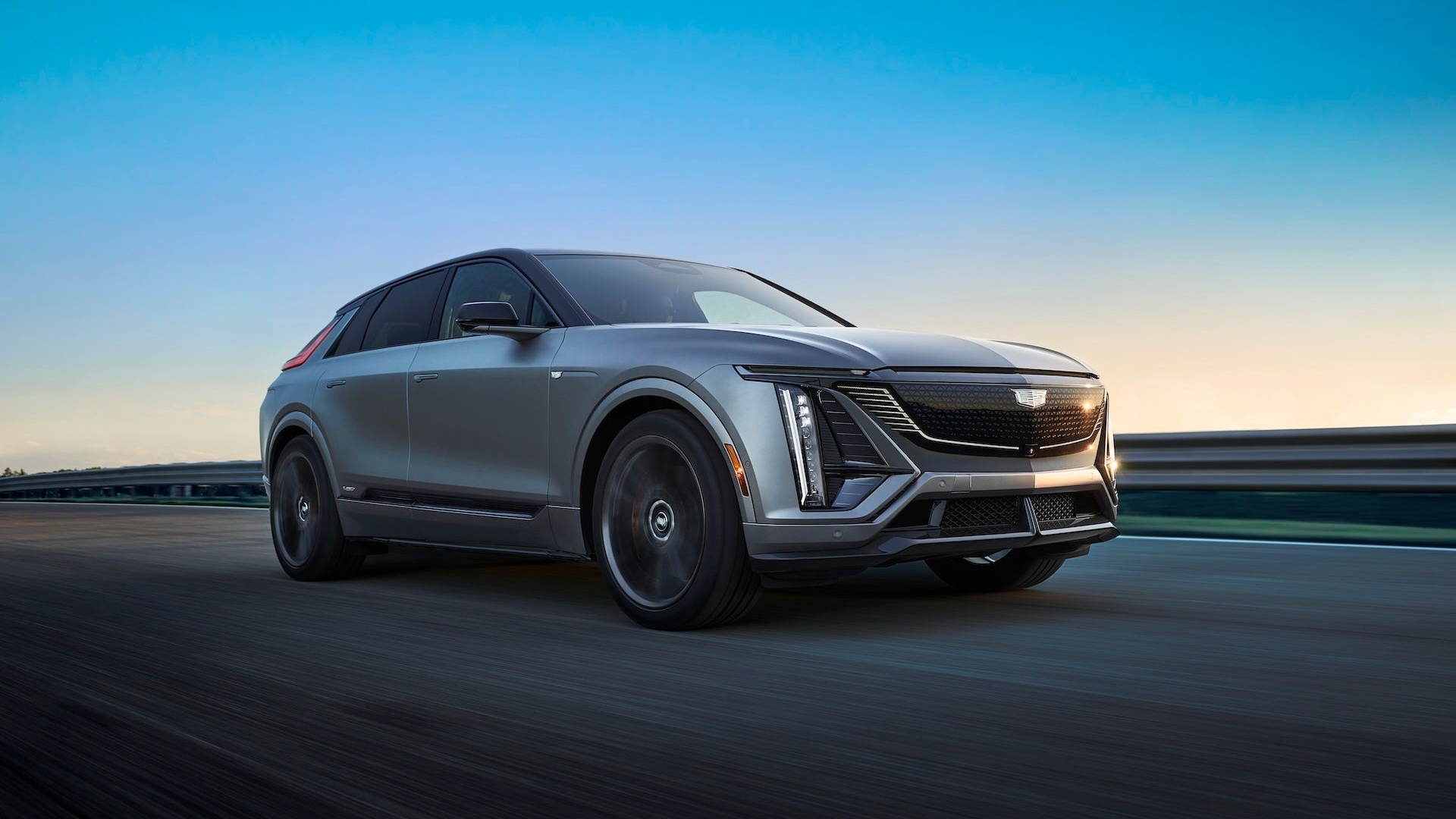Hydrogen fuel cell vehicle sales may still be a fraction of the worldwide green market, but that hasn't stopped global automakers from jockeying for the top spot.
On Monday, Business Korea reported that Hyundai sold more hydrogen-powered vehicles through the third quarter of this year than rival Toyota, outpacing the Japanese brand for the first time.
According to Hyundai's numbers, the Korean automaker delivered 3,843 fuel-cell vehicles through October 2019, led by the Hyundai Nexo crossover, which is on sale in select areas of the U.S.
Toyota reported 2,200 deliveries for the same time period, up 15% from last year, including 1,644 sales outside of its home market in Japan.
Toyota's worldwide FCEV sales peaked in 2017 with 2,739 deliveries, led by the Mirai sedan, which is also available in some areas of the U.S. including Southern and Northern California and Hawaii.

2021 Toyota Mirai concept
Hyundai's ramp up to this year's deliveries have been relatively slow, but bolstered this year by the government in Korea's embrace of hydrogen vehicles at home. In 2014, Hyundai delivered just 128 FCEVs and last year reported 966 deliveries.
Hyundai added a second plant to build the fuel-cell powertrains, too. The automaker reported that by 2022 it expects to produce up to 40,000 fuel-cell vehicles, including semis, and by 2030 it expects to produce 700,000 fuel cell systems annually. About 500,000 of those systems would be for personal or commercial use, with the rest available for heavy equipment such as forklifts and vessels, with more for drones and other applications.
The rising numbers of FCEVs by both automakers are small fractions of the overall vehicles they produce. In the first nine months of 2019, Toyota delivered more than 8 million passenger cars and trucks and Hyundai delivered more than 4 million passenger vehicles.
Toyota recently unveiled a newer version of its 2021 Mirai sedan with revised styling meant for a wider audience. The Nexo arrived in the U.S. in January, although a spokesman for Hyundai didn't say how many were delivered to the U.S.



